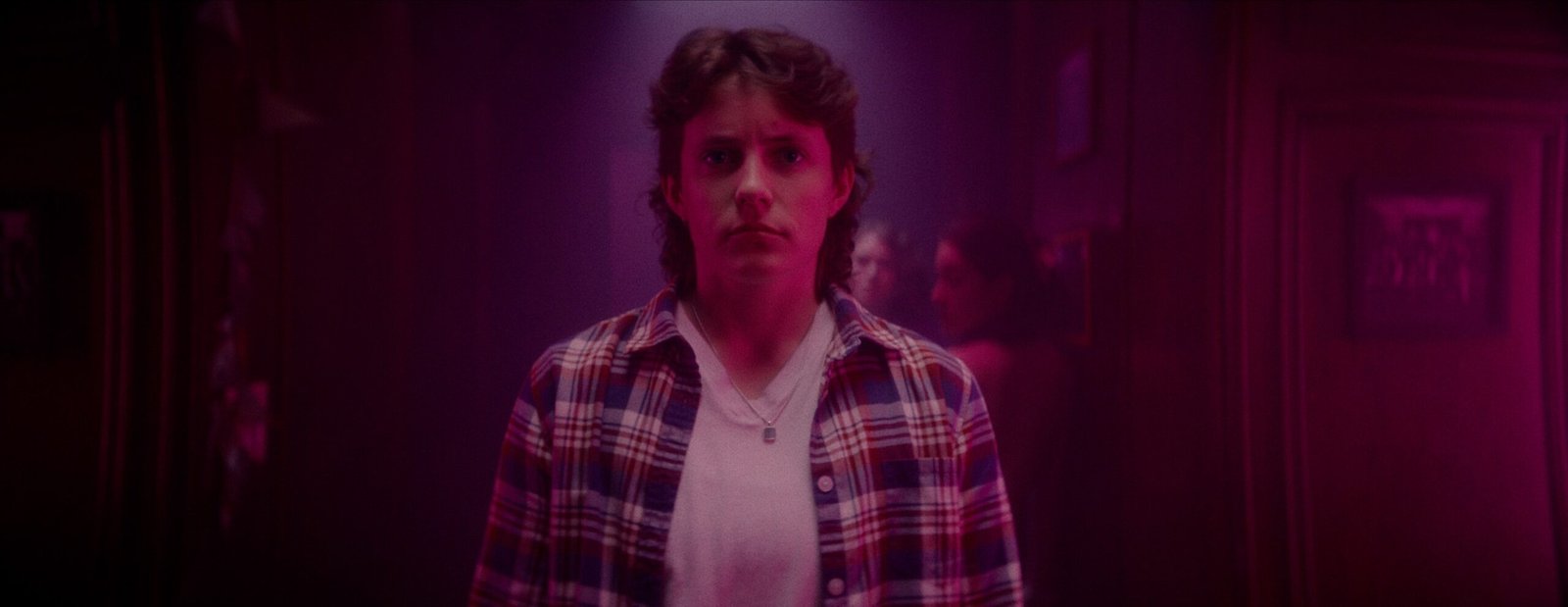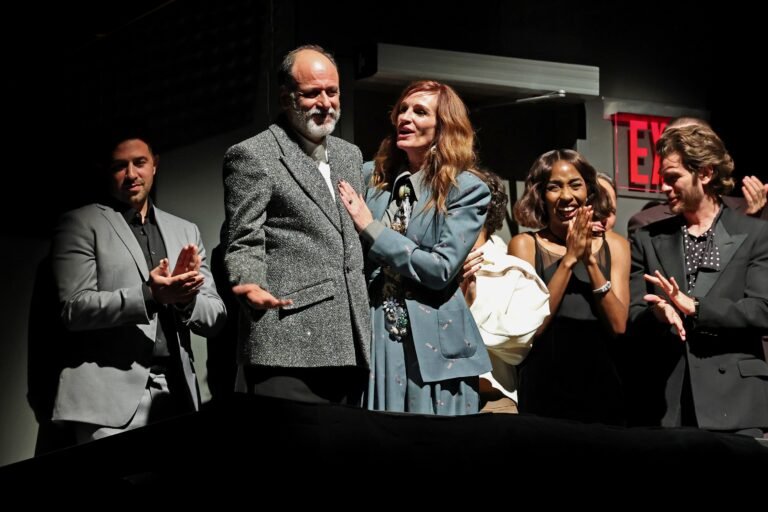Hockey Drama ‘Pink Light’ Tackles Transgender Athlete Debate for “Villainizing the Community”
Harrison Browne, the first-ever publicly transgender pro hockey player, now has the challenge of boosting trans representation as he brings his directorial debut Pink Light for a world premiere at the Toronto Film Festival this weekend. “It’s really important to show trans athletes as people, because that’s the best way to humanize this community and…
Harrison Browne, the first-ever publicly transgender pro hockey player, now has the challenge of boosting trans representation as he brings his directorial debut Pink Light for a world premiere at the Toronto Film Festival this weekend.
“It’s really important to show trans athletes as people, because that’s the best way to humanize this community and create those pathways for empathy,” Browne told The Hollywood Reporter on Friday.
Pink Light takes the inspiring sports drama genre, where athletes have to overcome obstacles in their sport and personal lives, in a new direction as Browne tackles the worsening debate around trans athletes in the media and political spaces.
“This is not an issue of trans people taking over sports. This is an issue being magnified and being disproportionately used for a moral panic,” the director argued as he pointed to the number of trans athletes in school and pro sports, including the Olympics, being vanishingly small, compared to the total number of athletes in sports.
Pink Light
Toronto Film Festival
“Society is villainizing the community. And its really easy to use that community as a scapegoat when you don’t know anybody, when you don’t have a face for that term,” Browne added. Pink Light centers on Scott, a trans man and an ex-pro hockey player who is left disoriented after being hit while playing in a beer league hockey game.
His head injury seemingly sparks flashbacks in the film to his 18 year-old self, Scotty, at a college frat party as he talks with a fellow party-goer for the first time about possibly leaving women’s hockey to transition to becoming a man.
The dramatic tension in Pink Light comes from Scotty feeling stuck being a young woman to remain in hockey and the only comfortable space he had ever known in life, but also being unable to feel openly comfortable as a man after he completes a transition. “I really see this film as my goodbye to hockey. It feels like it’s a closure for me in a way I wasn’t expecting when making this film as a love letter to my younger self,” Browne explained.
Pink Light
Toronto Film Festival
The gender-blending short has a dazed and confused Scott, as he time travels to his pre-transition past as Scotty, discovering his earlier self as he waited for his life as a man to begin had already become the person Scott longed to be. “We wanted to highlight some of the struggles that transgender people go through. Scott feels lost. And as he gives up his identity as an athlete, he’s kind of floating and doesn’t know he fits in,” Harrison insisted.
Browne plays Scott in Pink Light, while CJ Jackson, a first-time actor and the first non-binary professional hockey player to come out in real life, plays Scotty. Donald MacLean Jr., Nicolette Pearse, Max Amani and Shaun Benson also feature in the ensemble cast.
Browne is also developing a feature length version of Pink Light to be set in a college athletic space and to expand on Scotty’s story line against the backdrop of locker room, athlete-coach and dating dynamics.
Pink Light is produced by Macaulee Cassaday and Nicolette Pearse, with David Palumbo and Rachel Browne executive producing, and Emily Zhang serving as the cinematographer. Maple Leaf Sports & Entertainment, owners of the Toronto Maple Leafs and Toronto Raptors pro teams, helped finance the short film.







